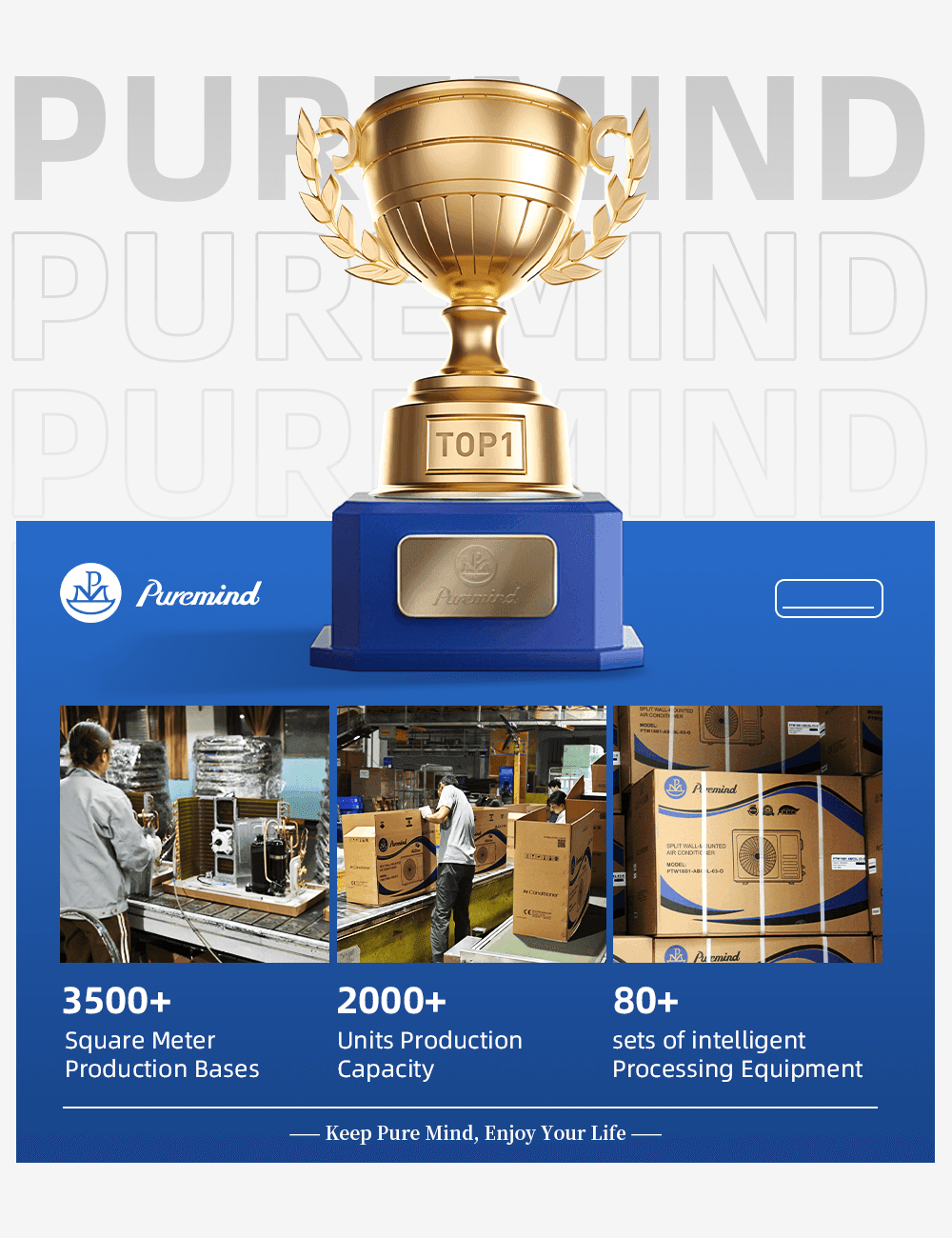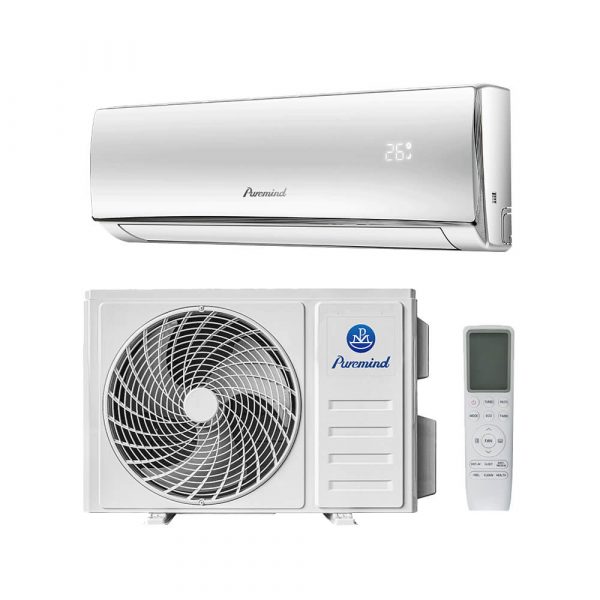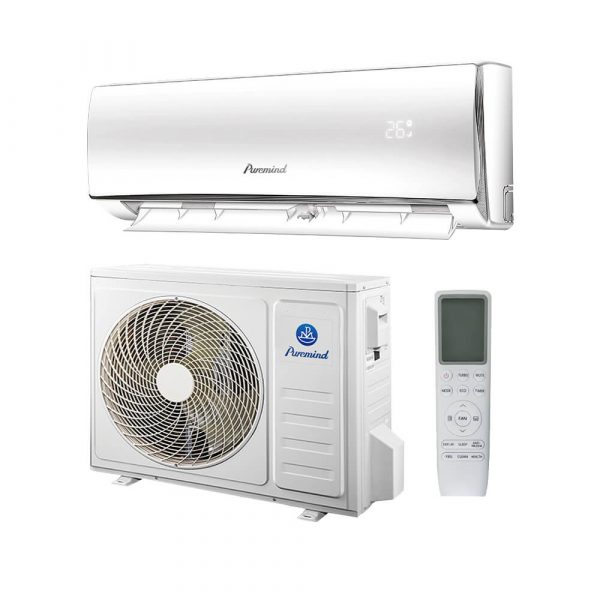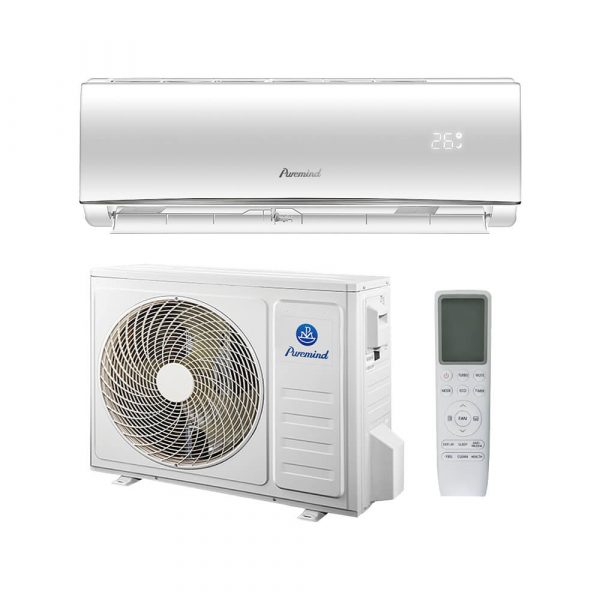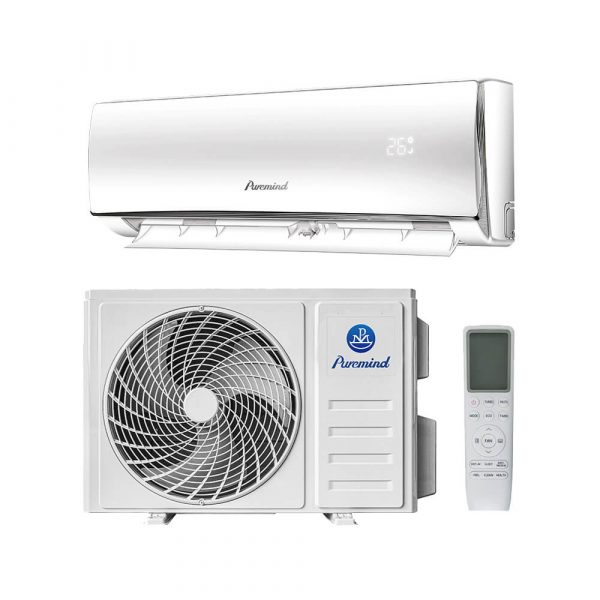Understanding Split System Air Conditioner and Heat Pump
Whether you’re battling scorching summers or chilly winters, finding a reliable and energy-efficient HVAC solution is crucial. One system that stands out for year-round comfort is the split system air conditioner and heat pump. This dual-purpose system can both cool and heat your home using a single unit, making it a smart choice for energy-conscious homeowners and businesses alike.
What Is a Split System Air Conditioner and Heat Pump?
A split system air conditioner and heat pump is a climate control solution that consists of two main units: an indoor air handler and an outdoor compressor/condenser. Unlike traditional air conditioners that only cool, a heat pump can reverse its operation to provide heating during cold weather. This dual capability is what makes the system a cost-effective and efficient option for all-season comfort.
How Does It Work?
The system operates based on the refrigeration cycle but with the ability to reverse it:
- Cooling Mode: The system absorbs heat from the indoor air and transfers it outside, cooling your living space.
- Heating Mode: The system absorbs heat from the outdoor air—even in cold temperatures—and brings it inside to warm the room.
This is achieved using a component called the reversing valve, which changes the direction of refrigerant flow depending on whether heating or cooling is required.
Main Components
The split system includes:
- Outdoor Unit: Contains the compressor, condenser coil, and fan. It’s responsible for releasing or absorbing heat depending on the mode.
- Indoor Unit (Air Handler): Circulates air and contains the evaporator coil and blower fan.
- Refrigerant Lines: Copper tubing that connects the indoor and outdoor units and transports refrigerant.
- Thermostat: Controls temperature settings and switches between heating and cooling modes.
Advantages of Split System AC and Heat Pump
1. Year-Round Comfort
With one system, you get efficient cooling in the summer and heating in the winter—eliminating the need for separate appliances.
2. Energy Efficiency
Modern heat pumps use inverter technology to adjust performance based on demand, reducing power consumption significantly.
3. Quiet Operation
Because the noisy compressor is housed outside, the indoor environment remains quiet and peaceful.
4. Space-Saving Design
Wall-mounted indoor units are sleek and don’t require bulky ductwork, making them ideal for compact homes or renovations.
5. Lower Utility Bills
Thanks to high SEER (Seasonal Energy Efficiency Ratio) ratings, these systems are among the most cost-effective HVAC options available.
Comparison Table: Split System AC + Heat Pump vs Traditional HVAC
| Feature | Split System + Heat Pump | Traditional HVAC (AC + Furnace) |
|---|---|---|
| Cooling & Heating | Single system for both | Separate systems required |
| Installation Cost | Moderate | Higher (2 systems) |
| Energy Efficiency | High | Medium to low |
| Space Required | Compact | Bulky (furnace + ducts) |
| Noise Level | Low | Higher |
Ideal Applications
This system is ideal for:
- Homes without central ductwork
- Apartments and condos
- Offices and small commercial spaces
- Renovations and new builds
If you’re looking for reliable and factory-direct systems, be sure to check out Puremind’s line of split air conditioners that offer customizable heat pump solutions tailored to your climate and space.
Installation Considerations
While installation is less invasive than ducted systems, professional setup is still recommended. Key factors include:
- Proper sizing: BTU output should match room size and climate zone
- Correct placement: Indoor units should allow even airflow; outdoor units need proper clearance
- Refrigerant charge: Must be handled by a certified technician to ensure efficiency and avoid leaks
Maintenance Tips
To keep your split system with heat pump running efficiently:
- Clean or replace air filters monthly
- Keep outdoor coils free of leaves and debris
- Schedule professional tune-ups annually
- Check refrigerant levels and electrical components periodically
Environmental Benefits
Many heat pumps use R32 or R410A refrigerants, which are more environmentally friendly than older coolants like R22. Additionally, by reducing reliance on fossil fuel heating (e.g., gas furnaces), heat pumps lower carbon emissions and contribute to greener homes.
Conclusion
The split system air conditioner and heat pump combo is one of the most versatile and efficient HVAC solutions available today. It provides both cooling and heating, offers long-term energy savings, and suits a wide range of applications. Whether you live in a hot, humid region or face cold winters, this system can deliver consistent comfort without breaking the bank.
For durable, customizable options directly from the factory, explore Puremind’s range of split system air conditioners and heat pumps—ideal for homes, offices, and commercial spaces across all climates.
